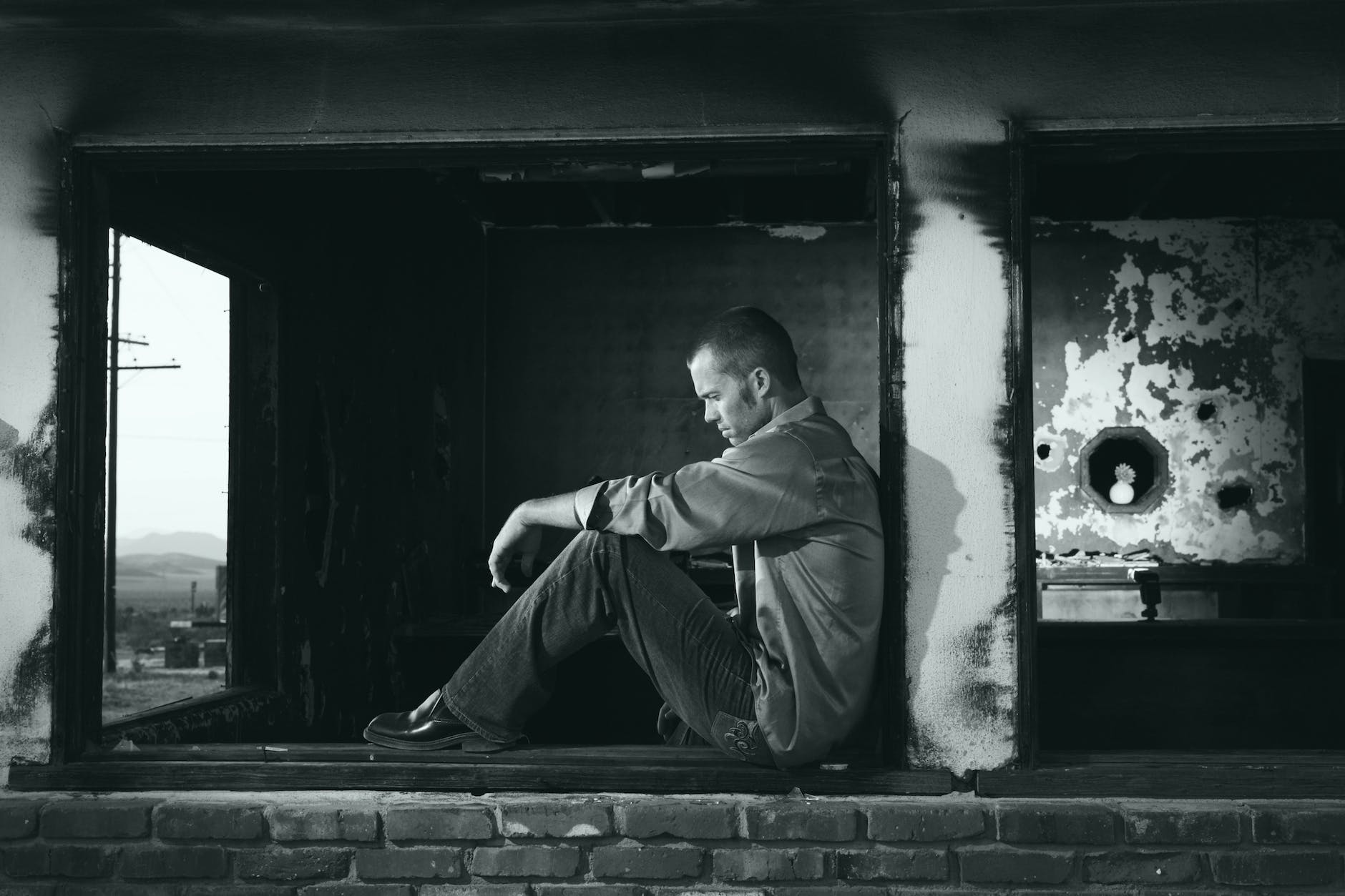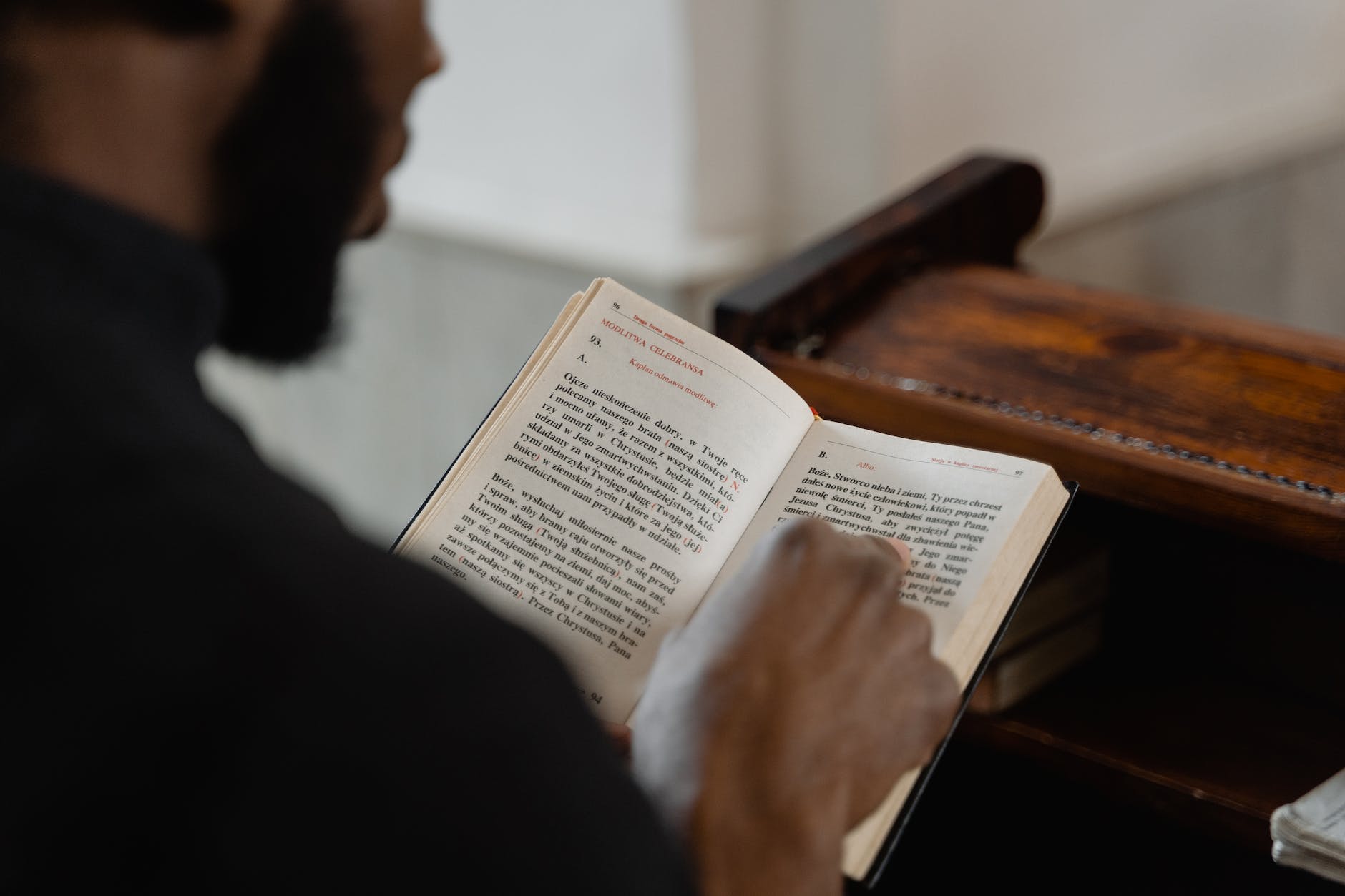A Journey of Faith, Transformation, and Recovery with James as Your Guide.
Some Kind of “Faith in a Higher Power” in Recovery
Let’s look at the general need for “faith” in recovery. By “general need for faith,” I am speaking of some “higher power” instead of the specific faith I follow. As this site is hinged on the Book of James, which was explicitly written for people who already believe in a Judeo-Christian belief system, much of the information here may not always be directed at those still looking for a faith. This is a rare detour to information directed at people without a specific “faith” or seekers of faith.
For those who already are believers in Judeo/Christian belief, this is being written to help clarify the need and role that each individual’s faith journey has to play in their recovery, which, on a deeper note, may expose the part our faith is supposed to play in our lives in general. It is intentionally broad-spectrum and generic.
Scientists have proven that having some level of “faith” tends to produce healthier and happier people. Years and years of research have shown that even the idea of praying or having been prayed for will improve outcomes. I am just starting to read a (another) book about this phenomenon, How God Becomes Real: Kindling the Presence of Invisible Others, from an author I have heard speak a few times (Stanford anthropologist Tanya Luhrmann).
This book includes a faith similar to mine and research on several that are very different from mine or may even be considered opposed to mine in some cases. The point is that participating in each of these faiths creates a journey that positively changes the lives of the people actively pursuing these faiths.
Full disclosure: I have a faith that I prefer and believe is the best path for various reasons, but that is not the point in this general discussion. The point here is that there is a desperate need for faith in the lives of people looking for recovery because, as a part of each of our recoveries, actively pursuing faith as a critical journey and guide for our lives has proven to create some of the key results many of us are looking for in recovery.
I am not trying to reduce any of our faith walks to some exercise in fooling our weak unconscious minds into believing in imaginary things so that we can feel better and get better. That is what many people conclude when seeing such research.
Using my Judeo/Christian faith as an example, I find evidence of purpose in Creation through it. In a world where an all-powerful being creates earth and a planet full of people with free will, to draw them nearer to Him, he would create the minds and bodies of those people to be drawn closer to certain things and to be pushed away by certain things. That would be in our nature, and any perversion of that purpose would logically bring disaster.

Rules, Faith, and Open-mindedness in Recovery According to Jesus
Using the premise that every person is on a journey of faith in the unseen, any use of “faith” at all is a step in the right direction. That also would mean any pushing away from faith is a step in the wrong direction. Within many circles of faith, rigid rules determine how close or far from “holiness” an individual is by how well they are followed. Specifically in the Christian faith, Jesus focuses not on those following and enforcing the rules but on active seekers with open hearts and minds.
11 And when the Pharisees saw this, they said to His disciples, “Why is your Teacher eating with the tax collectors and sinners?” 12 But when Jesus heard this, He said, “It is not those who are healthy who need a physician, but those who are sick. 13 Now go and learn [a]what this means: ‘I desire [b]compassion, [c]rather than sacrifice,’ for I did not come to call the righteous, but sinners.”
That is not to say there are no rules or actions to follow as guidelines on this journey, according to Jesus. Regularly throughout the Gospels, He preaches to-do lists for those that believe in Him to follow as a part of that belief. An example is Matthew 5:13-7:23. He starts by talking about the “Law” and the “Prophets,” which would have been a description of the “rules” to follow in their current context. Then he says He is not abolishing them but changing how we relate to those guides for our journey. Next, he goes into a discourse on how if anyone tries to change anything in what is written as guidelines (the “Law” and the “Prophets”), they will have some form of punishment and will be called “least in the kingdom of heaven.”
After that comes two chapters of do’s and don’ts that reframe how the “Law” and “Prophets” are being interpreted as if realigning and correcting the current way of interpreting those guides.
There are even a few extreme examples used in these guides defined by Jesus, like:
27 “You have heard that it was said, ‘You shall not commit adultery’; 28 but I say to you that everyone who looks at a woman with lust for her has already committed adultery with her in his heart. 29 Now if your right eye is causing you to sin, tear it out and throw it away from you; for it is better for you to lose one of the parts of your body, than for your whole body to be thrown into hell. 30 And if your right hand is causing you to sin, cut it off and throw it away from you; for it is better for you [c]to lose one of the parts of your body, than for your whole body to go into hell.
Some people see this and believe it is a law to pluck your eyes out and chop off your hands. It is not a call for a cult of one-handed, one-eyed people whose faith is centered on self-mutilation (please put the knife down). It is an illustration that demonstrates the intensity and seriousness that a seeker should have in trying to be better within these guidelines as a standard of behavior. These moral, mental, and emotional absolutes are the “in a perfect world” of the spiritual journey for followers of any faith.

Ethics and Recovery
These moral, mental, and emotional boundary lines are the direct opposite of what is often called “situation ethics.” That is a life where you believe that the boundaries you will and will not cross are based on the situation and, more specifically, on how you feel about that situation at that specific time.
Using those of us with alcoholism and addiction as an example, we became aware that trusting feelings and emotions in specific situations and at particular times as a system of ethics is a terrible idea. It may be shaky at best for all people, but for those of us with drug and alcohol challenges, this becomes painfully evident. At the core of this is that at least at some times and in some situations, our minds and feelings are convinced that using, or whatever our addiction, is a great idea, no matter how terrible the results have been or how obviously destructive the results are about to be.
If emotions and thoughts cannot be trusted not to secretly send us on a path to completely destroying our own lives, how can they possibly be trusted to build a system of ethics or guides for life? If these supposed systems of ethics and systems that direct our choices have a habit of sending us to complete self-annihilation, wouldn’t this system of ethics and boundaries created solely by our emotions and thoughts be a system of complete self-annihilation? Doesn’t that mean that system is not helpful?
I know some folks reading this will focus on how it is not like that all the time, just at times, and try to convince themselves there is a way to control when the “bad times” happen. I will use a parable of sorts to explain how I experience this.
Think of having a car. It runs okay and even looks pretty good. But occasionally, without warning, there is a massive explosion in the driver’s seat that has landed you in the hospital many times and almost killed you a few times. The rest of the time, the car drives fine.
Is it wise to leave the car like it is and say you will be okay? How about focusing on driving more carefully and listening for signs that the car is about to explode?
That is, our emotions, thoughts, and feelings as drivers of our individual choices and ethics systems. If they cannot be trusted all the time, they cannot be trusted at all.
The seeking to stay within some set of established moral, mental, and emotional absolutes as a part of the journey is the necessary opposite of the continued reliance on “situation ethics” that, at least at specific times, will undoubtedly be wholly untrustworthy and may be the path to self-destruction.

Authentic Recovery Requires “Perfect-World” Goals
I am harping on this because there is a balance between the authentic journey being more important than just following and enforcing rules and the other side of the coin, which is the necessity of having a set of rules that are the “perfect world” goal of the journey. These “perfect world” guides are a crucial part of why a spiritual journey is essential for the recovery journey.
If you aim at nothing, you will never miss and have no idea if you are hitting the target. You never even can know when you are getting close.
For example, Cognitive Behavioral Therapy is a treatment based on identifying destructive or harmful behaviors, ways of thinking, or emotional responses and replacing them with more constructive ones. To determine the “bad” ones and replace them with “more constructive” ones, there must be an established standard of what is terrible and what is constructive. In this way, the spiritual journey is a type of Cognitive Behavioral Therapy.

The Book of James and “Perfect World” Boundaries for Recovery
Why the emphasis on the Book of James on this website? For those of the Judeo/Christian faith, the Book of James from the Bible is a straightforward overview of both; what a faith journey should look like and what the moral absolutes that are the “perfect world” goals look like.
As I have mentioned previously, the book of James is believed to be the first book written in the New Testament Context. That means that, for the people it was addressed to, the Bible was what we now call the Old Testament and this letter. Church was going to the Jewish Temple, meeting for prayer, and eating in houses. It is intended as a simple summary to direct how the faith walk should look in practice and eliminate myths about living a life of faith. Another critical focus is overcoming struggle and being strong in overcoming what feels right, primarily due to selfishness or pressure from the world.
A lot is packed into these short five chapters of first-century proverbs. Not only direct instruction but some examples of mindsets and general concepts such as in James 2:15-18 where specifically if you encounter a person in need, your faith should not only be limited to praying and blessings the person but should also include providing for the need if possible. Ending with the idea that if your faith does not lead to this sort of action, something is wrong with your “faith.”
15 If a brother or sister is without clothing and in need of daily food, 16 and one of you says to them, “Go in peace, be warmed and be filled,” yet you do not give them what is necessary for their body, what use is that? 17 In the same way, faith also, if it has no works, is dead, being by itself. 18 But someone may well say, “You have faith and I have works; show me your faith without the works, and I will show you my faith by my works.”
Having faith is the first step in the launching of this journey. Then, what that faith looks like in practice is the journey or at least the map for the journey. How that “faith” empowers and changes how you relate to the world, how you think, and how you act is the journey. The goal is the absolutes that are outlined. In this case, it is not just specifically giving those without food and clothing those items, but helping those in need versus just the standard “thoughts and prayers” but the general idea of meeting the needs of those who have need if you can as a general concept as a way of life. Learning to live that way is a part of the faith journey.
Looking at this from an Alcoholics Anonymous view, specifically from the viewpoint of Dr. Bob when describing the program as outlined in the Alcoholics Anonymous book. (Dr. Bob was the more in-your-face about-God founding member of AA):
“If you think you are an atheist, an agnostic, a skeptic, or have some other form of intellectual pride which keeps you from accepting what is in this book I feel sorry for you. If you still think you are strong enough to beat the game alone, that is your affair. But if you really and truly want to quit drinking liquor for good and all and sincerely feel that you must have some help, we know we have answer for you. It never fails if you go about it with half the zeal you have been in the habit of showing when you were getting another drink.
Your Heavenly Father will never let you down!”
Alcoholics Anonymous 4th edition pg. 181
This is his strong emphasis on the role of spirituality in the journey to recovery and the Twelve Step program as a core need. In the bigger picture, it indicates the vital need for a faith journey in recovery.
There may also be medical, mental health, and social issues that professionals in those fields must address. Still, the spiritual journey is a necessary component for most people seeking recovery.



